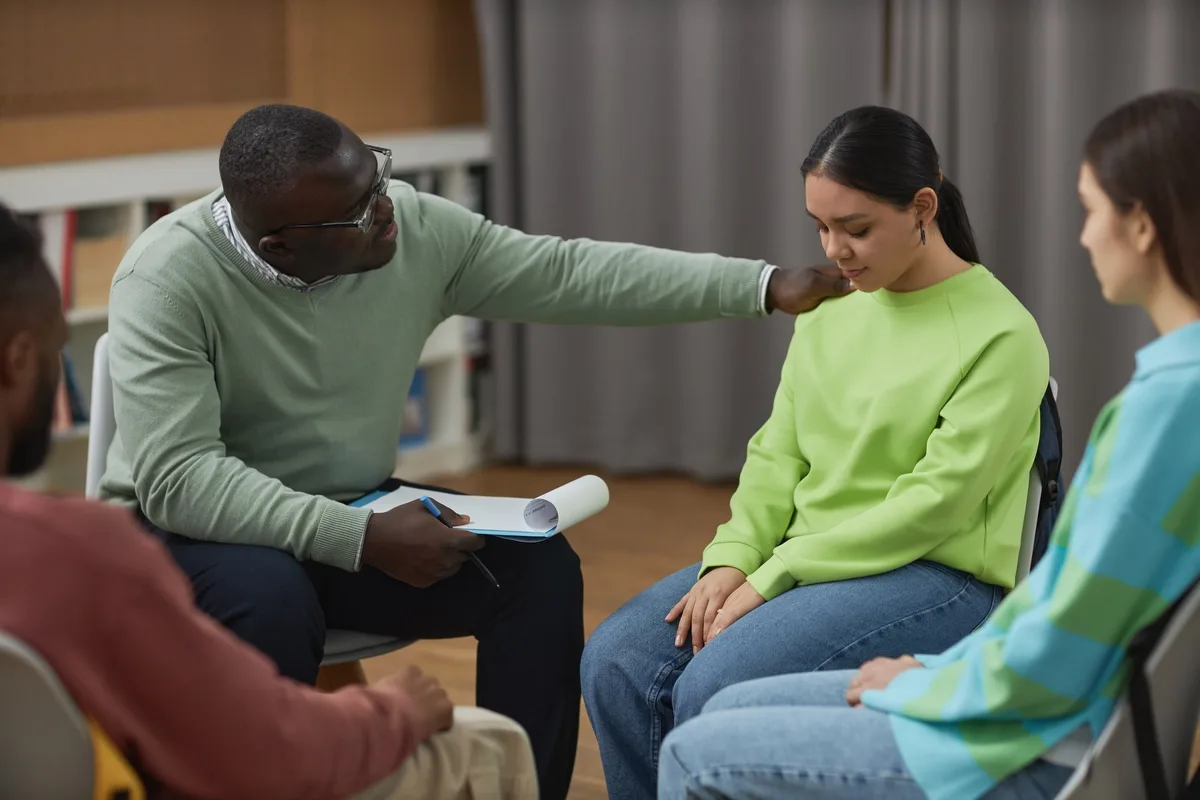24/7 Helpline:
(866) 899-111424/7 Helpline:
(866) 899-1114
Rocky Mount, North Carolina, is strategically located in the eastern part of the state, nestled between Raleigh and Tarboro. With a population of approximately 54,000 residents, it serves as a cultural and economic hub for Nash and Edgecombe County counties. This vibrant city is not only renowned for its historical significance and railway heritage but also faces pressing challenges related to drug and alcohol addiction.
The issue of drug and alcohol addiction in Rocky Mount has become increasingly concerning over the years. In recent statistics, a notable percentage of local residents have reported struggles with substance abuse, highlighting a growing demand for effective treatment solutions. The implications of addiction stretch far beyond the individual; families, communities, and local resources are all impacted, creating a pressing need for comprehensive support systems including
centers.Rehab centers in Rocky Mount, North Carolina, play a crucial role in addressing this addiction crisis. They provide tailored programs designed to support individuals seeking recovery from drug and alcohol dependencies. These centers employ a range of therapeutic approaches, including counseling, group therapy, and medication-assisted treatments, all aimed at guiding individuals towards a healthier lifestyle.
Historically, Rocky Mount has been a significant area known for its tobacco and textile industries. However, like many American towns, it has seen economic shifts that have influenced the social landscape, leaving some residents vulnerable to substance abuse. The increase in unemployment and social disintegration has been correlated with rising addiction rates, further underscoring the necessity for accessible rehabilitation services.
In Rocky Mount, the availability of addiction treatment options is vital for the well-being of its community. Rehab centers not only assist individuals on their path to sobriety but also foster a support network that can help combat the stigma associated with addiction. By creating a safe and understanding environment, these facilities encourage individuals to confront their challenges head-on, paving the way for transformation and recovery. As the community rallies behind the need for effective addiction treatment, it is clear that the future of Rocky Mount relies on addressing these pressing issues through dedicated rehabilitation efforts.
Learn more about rehab centers inOther Insurance Options

Horizon Healthcare Service

Private insurance

UnitedHealth Group

GEHA

MHNNet Behavioral Health

Magellan Health

Sliding scale payment assistance

Premera

Cigna

BHS | Behavioral Health Systems

Highmark

Amerigroup

BlueCross

Evernorth

Anthem

Oxford

Regence

MVP Healthcare

Kaiser Permanente

Health Partners























































Positive Generation In Christ
Positive Generation In Christ provides Intensive Outpatient Treatment for substance use addiction. P...






















































